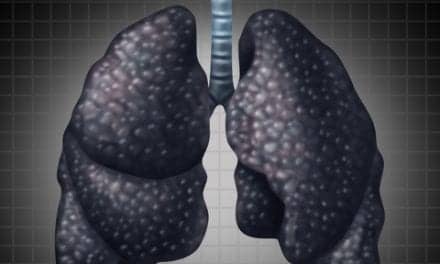New research, published in CHEST, questions using fever as an indicator for needing to take a blood culture (BC) in community-acquired pneumonia (CAP) cases.
Although BCs are the gold standard for detecting bacteremia, their use in patients with CAP is questionable because bacteremia may evolve without perceivable signs of fever or hypothermia. Researchers sought to determine the prevalence of patients with CAP and afebrile bacteremia and identify clinical characteristics predicting the necessity for BCs in patients who are afebrile.
Bacteremia rates were determined in 4349 patients with CAP who were enrolled in a multinational cohort study and stratified by presence of fever at first patient contact. The researchers found that more than one-third of patients with bacteremic CAP (34.6%) were afebrile. No significant differences in demographics, comorbidities, severity of disease, and inflammatory parameters were found between patients with CAP with febrile and afebrile bacteremia. However, the 28-day mortality rate was more than doubled in afebrile bacteremia compared with febrile bacteremia. The distribution of main bacterial pathogens also did not differ between patients with afebrile bacteremia and patients with febrile bacteremia.









